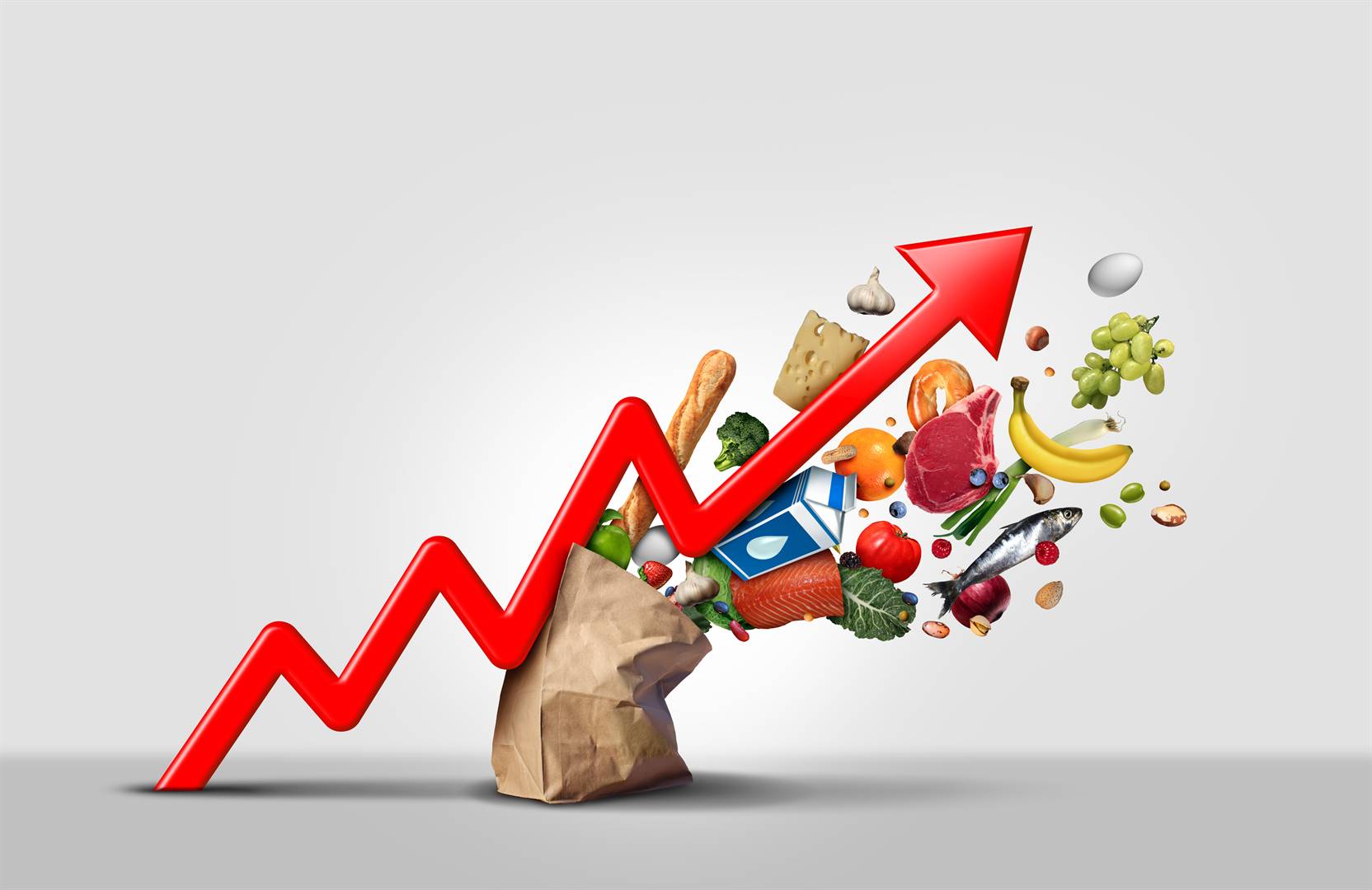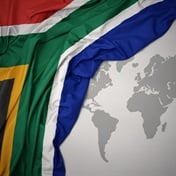
Europe’s energy crisis, the global food crisis and the general cost of living crisis are among the top risks facing the global economy over the next two years, according to a survey conducted by the World Economic Forum (WEF).
The annual The Global Risks Report released just days ahead of the WEF meeting in Davos, Switzerland, found that the cost of living crisis brought on by, among other things, lockdowns induced by the Covid-19 pandemic and Russia’s invasion of Ukraine nearly a year ago would remain for at least the next four years.
A record number of business and government leaders will descend on the Swiss resort of Davos next week to pore over challenges ranging from global economic slowdown to environmental collapse as the WEF returns to its winter slot.
Criticised by some as a talk shop for the jetsetters that merely adds to the world's carbon footprint, the forum insists it has the power to bring decision-makers together in a world facing multiple crises amid growing geopolitical mistrust.
"We are all stuck in a crisis mindset," WEF executive chairperson and founder Klaus Schwab told the pre-meeting news conference of a world grappling with Russia's invasion of Ukraine, the climate challenge, and simultaneous energy and food supply crunches. - Reuters
Both these events engendered supply chain bottlenecks which saw the prices of commodities such as fertiliser, wheat and oil spike, raising food and energy inflation as well as inflation expectations.
READ: The cost of living and power crises keep us awake at night
WEF managing director Saadia Zahidi said world leaders would be faced with multiple crises over the next two years and longer.
"What that leads to, in terms of the optimism state of the world when we asked leaders what they are expecting to happen, well over 80% are expecting that we’re looking at consistent ongoing crises that are compounding each other and an increasingly volatile trajectory. Although, ten years out we’re looking at that number going down to about 50%, so still a fairly negative outlook," Zahidi said.
Carolina Klint, an executive at Marsh Insurance Group, said no country was immune to social erosion caused by lack of affordability of basic necessities:
In South Africa, government tried to mitigate the high energy costs by withholding some of the increases in the petrol price for some time. Fuel prices have come down after lower international oil prices. However, food prices remain high, putting many households at risk of the inability to afford basic foodstuffs.
The report found that the continued supply-driven inflation could lead to stagflation:
READ: Hawkish view of economy as inflation and global shocks set in
In South Africa, supply-side inflation has become broad-based despite the Reserve Bank’s efforts to stem inflation. It peaked at 7.8% in July last year, prompting the central bank to impose aggressive interest rate hikes.
The bank is expected to increase interest rates yet again, albeit at a slower rate, in line with the slowing inflation and the US Federal Reserve's hike of rates by 50 basis points at its last meeting of last year.




 Publications
Publications
 Partners
Partners









